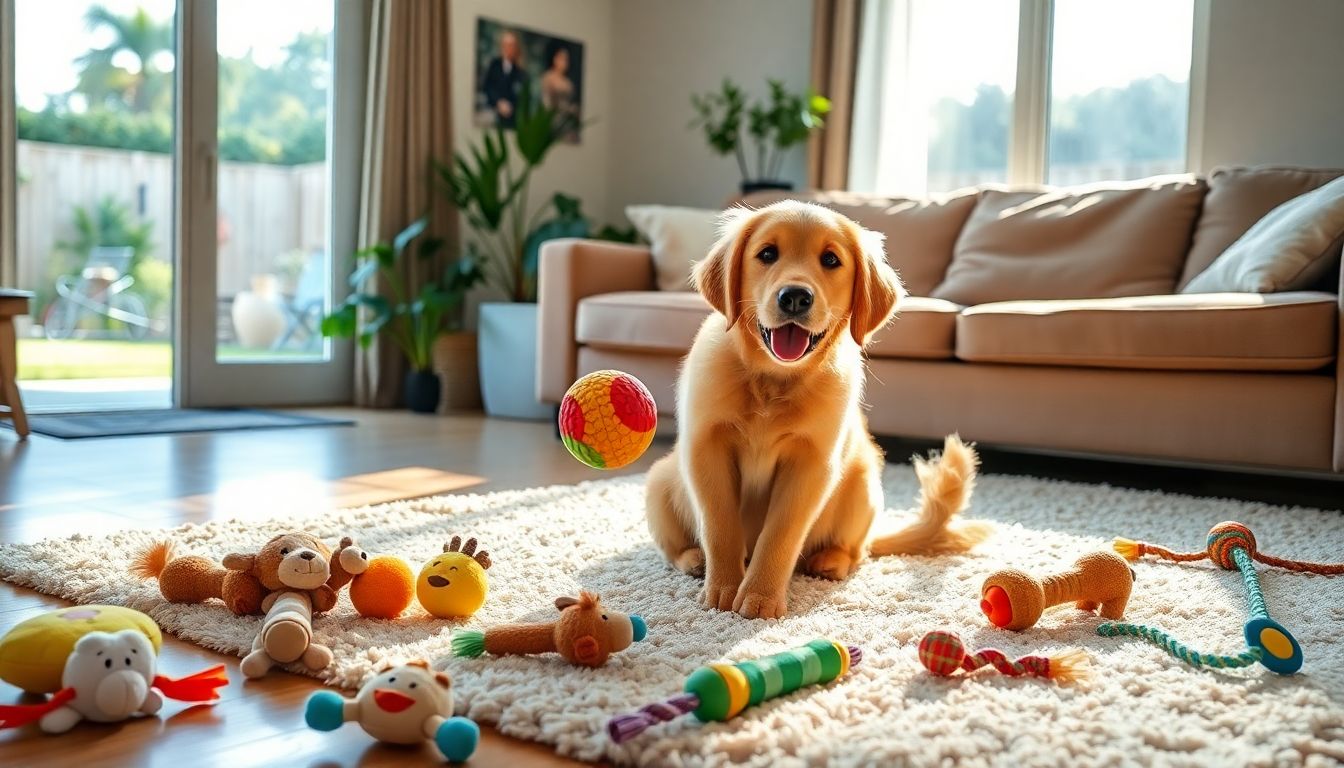Introduction
Ever seen your dog walk proudly toward you, clutching a squeaky toy in its mouth? It is a quiet act that communicates so much. Dogs do not carry toys to us for no reason; there is a reason behind this act. Knowing this behavior will cause our bonding to get stronger. This is not merely play; it carries meanings of instinct, emotion, and the wish to be close.
The Evolutionary and Genetic Background of the Behavior of Carrying Toys
Ancestors and Predator Instincts
They descended from wild wolves, which survived by intentional acts of hunting and retrieval. Such instincts influence them. Fetching that ball or toy marks a demonstration of the archaic hunting desire in your dog—probably a mere trace surviving from epochs gone by.
Behaviorally Selected Traits
Human beings have manipulated dog behavior through selective breeding. The people’s choice would often be for any dog that was playful, loyal, and good at fetching. These same traits consciously or unconsciously affect the dog’s behavior today.
Social Bonding and Communication
Pack Creatures and the Desire to Bond
Dogs consider us part of their pack. Being with them during toy time is not just fun—it’s their way of expressing trust and connection. Offering you their toy may be their way of saying, “I like you; I want to be close to you.”
Bringing Toys as a Social Gesture
Dogs communicate through actions. Bringing a toy may mean “play with me,” “I’m happy,” or even “I want attention.” It’s their form of non-verbal communication.
Pleasure and Reward Mechanism in Dogs
Endorphin Release While Playing
Playing releases endorphins, which bring a sense of happiness and reward. When your dog enjoys toy play, the brain reinforces this activity as something worth repeating.
Reinforcement and Positive Feedback
If your dog receives praise or rewards for bringing a toy, they’re more likely to do it again. This creates a cycle of positive reinforcement and strengthens your bond.
The Desire to Retrieve and Possess
Dogs naturally love to retrieve and possess items. Toys, in their perception, become treasures. Carrying or displaying a favorite toy might be a way of showing ownership and pride.
The Comfort of Familiar Objects
Toys give comfort, especially during stressful times. Carrying a familiar toy can help ease anxiety and provide a sense of safety—like a child’s security blanket.
The Psychological and Emotional Perks of Toy-Bearing Behavior
Stress Relief and Anxiety Reduction
Toys reduce boredom and separation anxiety. Chewing or carrying a toy is a calming activity for many dogs, improving their emotional health.
Enrichment and Cognitive Stimulation
Toys stimulate both body and mind. Rotating and varying toys can keep dogs mentally sharp and physically engaged, reducing destructive behaviors.
A Practical Guide for Dog Owners
- Use praise and treats to encourage your dog to bring toys.
- Look for signs of emotional bonding—such as always carrying a favorite toy around you.
- Engage in play such as fetch, tug-of-war, or hide-and-seek with toys.
Conclusion
There are many reasons why dogs bring us their toys—instinct, love, comfort, or a request to play. Understanding the deeper meanings behind this behavior can improve your connection and help meet your dog’s emotional needs. A toy offered by your dog is more than a gift—it’s a gesture of trust and affection. Appreciate it, nurture it, and grow your bond together.









